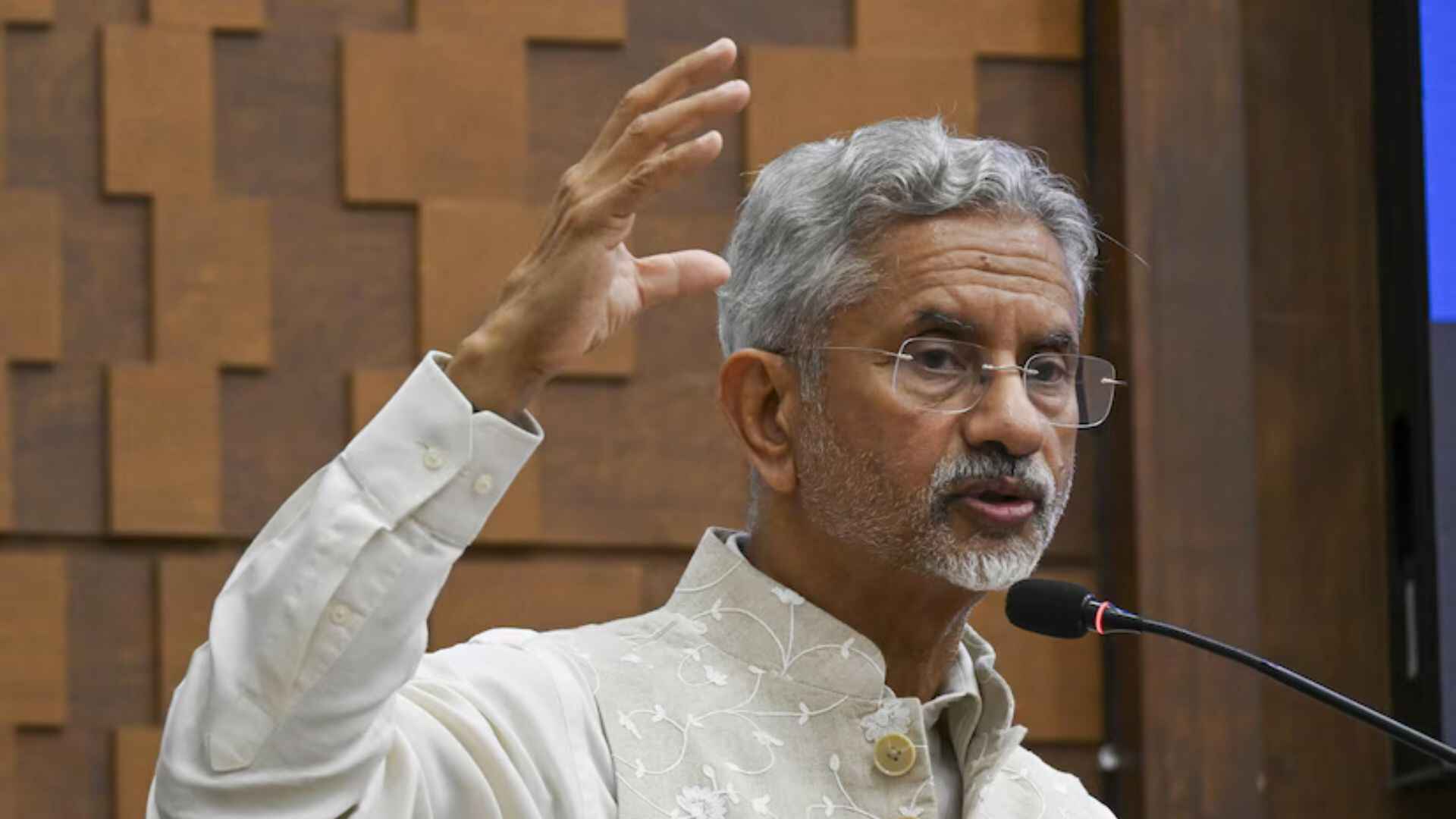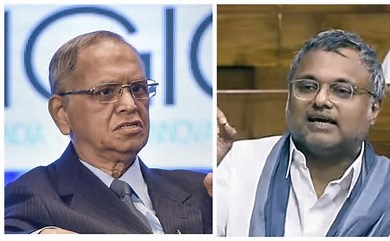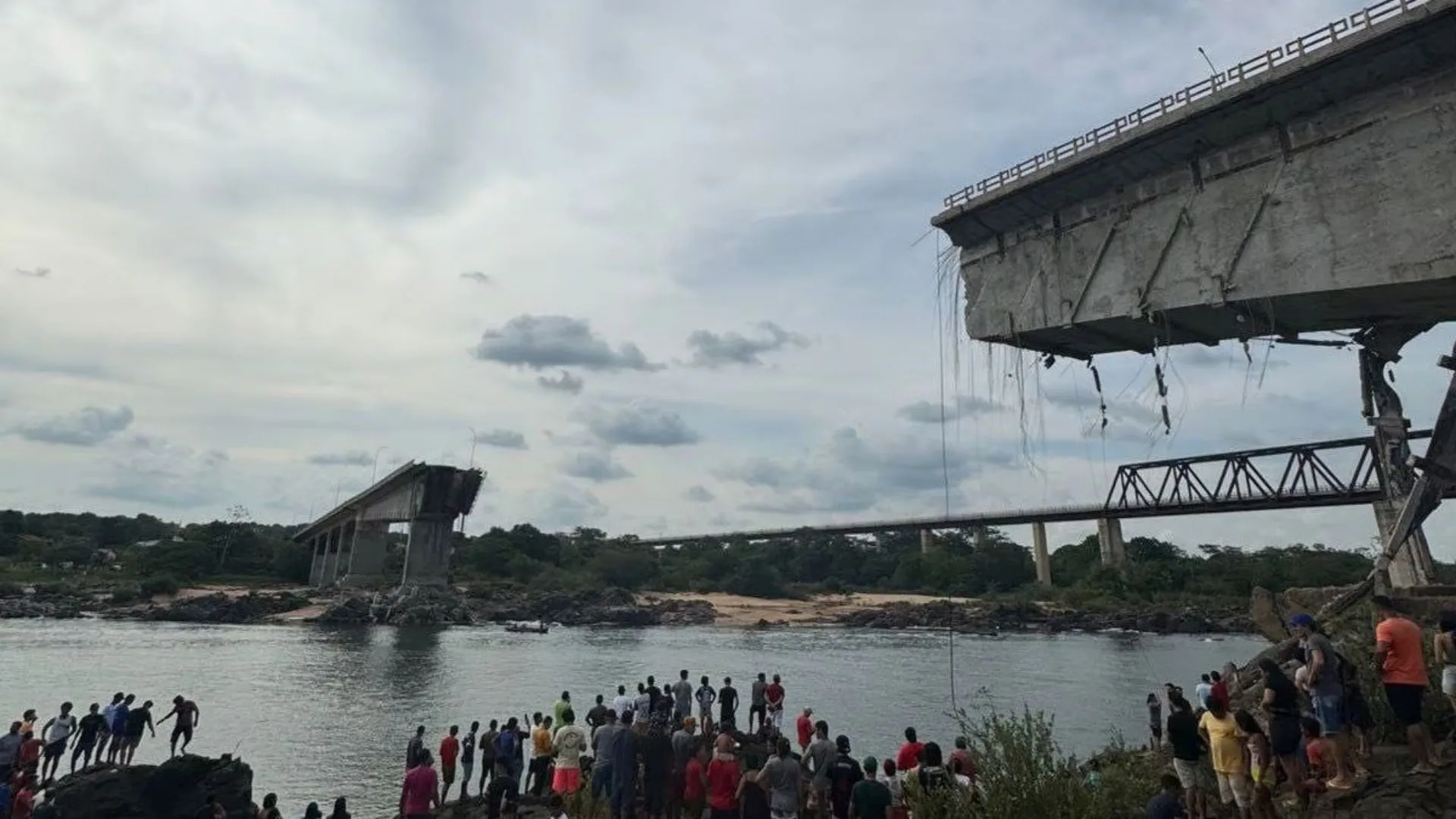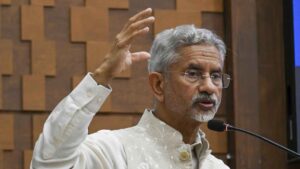External Affairs Minister S Jaishankar on Wednesday defended the introduction of the Agniveer Scheme in India, which abruptly ceased the recruitment of military personnel from Nepal. He stated that New Delhi would revise its policies, giving precedence to Indian interests, and “an Indian decision cannot be made because somebody else’s interest is at stake.”
“Why did we do Agniveer? We did it for ourselves. We will reform our armed forces, obviously with Indian interests in mind,” EAM Jaishankar said while interacting with students at a session on “Vishwa Bandhu Bharat” at Gargi College in New Delhi.
“Any reform, I’m not talking now, Agniveer, an Indian decision cannot be made because somebody else’s interest is at stake. India will decide on what is India’s interest,” he added.
The Union Cabinet approved a recruitment initiative for Indian youth to join the Armed Forces named AGNIPATH on June 14, 2022. Those selected under this scheme will be referred to as Agniveers and will serve for a four-year term. However, after its implementation in September 2022, the scheme ceased recruitment from Nepal.
EAM Jaishankar also commented on India’s diplomatic tensions with Maldives, affirming that while governments may hold differing perspectives, neighboring countries cannot drift apart from each other.
“They (Maldives) have their politics. Sometimes you have a government that may have a viewpoint about India, but at the end of the day, we tell them saying, look, we are all neighbours. We can’t move away from each other,” EAM said.
“Example that somebody can give you, I can give you a reverse example, say, in Nepal, you know, for years, Nepal has a tremendous power, ability to generate electricity. We are logical customers, but for political reasons, they never did it. Now they are willing to do it in Sri Lanka, as I said, Sri Lankans know actually who really helped them out. If you go to Bangladesh today, the thinking about India has changed fundamentally,” he asserted India’s strengthening relations with its neighbours.
His comments coincided with the departure of Maldives Foreign Minister Moosa Zameer from Male to embark on an official visit to India, amidst strained relations following Maldives’ request for India to replace its military personnel from the country.
Meanwhile, India has announced its intention to withdraw its military personnel from Maldives before May 10.
On May 3, India and Maldives convened the 4th meeting of the bilateral High-Level Core Group, where they discussed the replacement of Indian military personnel from the island nation by May 10. It was noted that the Indian government would complete the replacement before the specified date. Previously, the Maldives government under Mohamed Muizzu had formally requested India to withdraw its troops from Male.
Addressing the controversy surrounding Nepal’s depiction of certain Indian territories on its currency notes, External Affairs Minister (EAM) S Jaishankar emphasized the complexities involved in managing relationships with neighboring countries. He acknowledged that dealing with neighboring nations often requires navigating political intricacies.
“Sometimes, dealing with our neighbours involves navigating a bit of politics. It’s about balancing our interests with theirs,” said EAM Jaishankar during a press interaction here on Sunday.
He also warned that not all neighboring countries may hold favorable views towards India, citing instances where unfavorable opinions have been expressed. “If you visit places like Sri Lanka, you might hear some unfavourable opinions from government officials or individuals,” he said.














